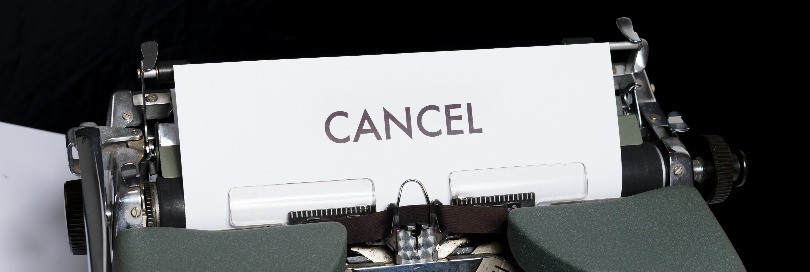Teisme ginčijamų muitinės sprendimų laikino sustabdymo teismo proceso metu teisinės ir praktinės galimybės
04-03-2025
Atstovavimo muitinėje paslaugų teikėjams kartas nuo karto tenka susidurti su situacijomis, kuomet muitinė naikina ar stabdo vienų ar kitų jiems išduotų muitinės leidimų (dėl galimybės naudotis
…
atitinkamais supaprastinimais, įgalioto siuntėjo statusu, leidimų turėti muitinės sandėlius, naudotis įvairiomis garantijomis ir t.t.) galiojimą ar net panaikina tokius leidimus. Nepavykus tokių situacijų sureguliuoti geranoriškai bendradarbiaujant su muitine, klausimų dėl panaikintų ar sustabdytų muitinės leidimų sprendimas persikelia ir į teismus, kuriuose paprastai yra prašoma kol vyksta teismo procesas sustabdyti muitinės priimtų sprendimų galiojimą, taikymą bei vykdymą, t. y. prašoma taikyti reikalavimo užtikrinimo priemonę (ką leidžia įstatymai). Šiame straipsnyje, remdamiesi naujausia Lietuvos vyriausiojo administracinio teismo praktika (2025 m. vasario mėn.), apžvelgiame kokios pozicijos dėl reikalavimo užtikrinimo priemonių taikymo ginčuose su muitine laikosi teismai ir kokias aplinkybes jie reikalauja įrodyti, kad tokios priemonės iš tiesų būtų pritaikytos.
Dr. Gediminas Valantiejus
€

Comments ()
To post a comment you need to